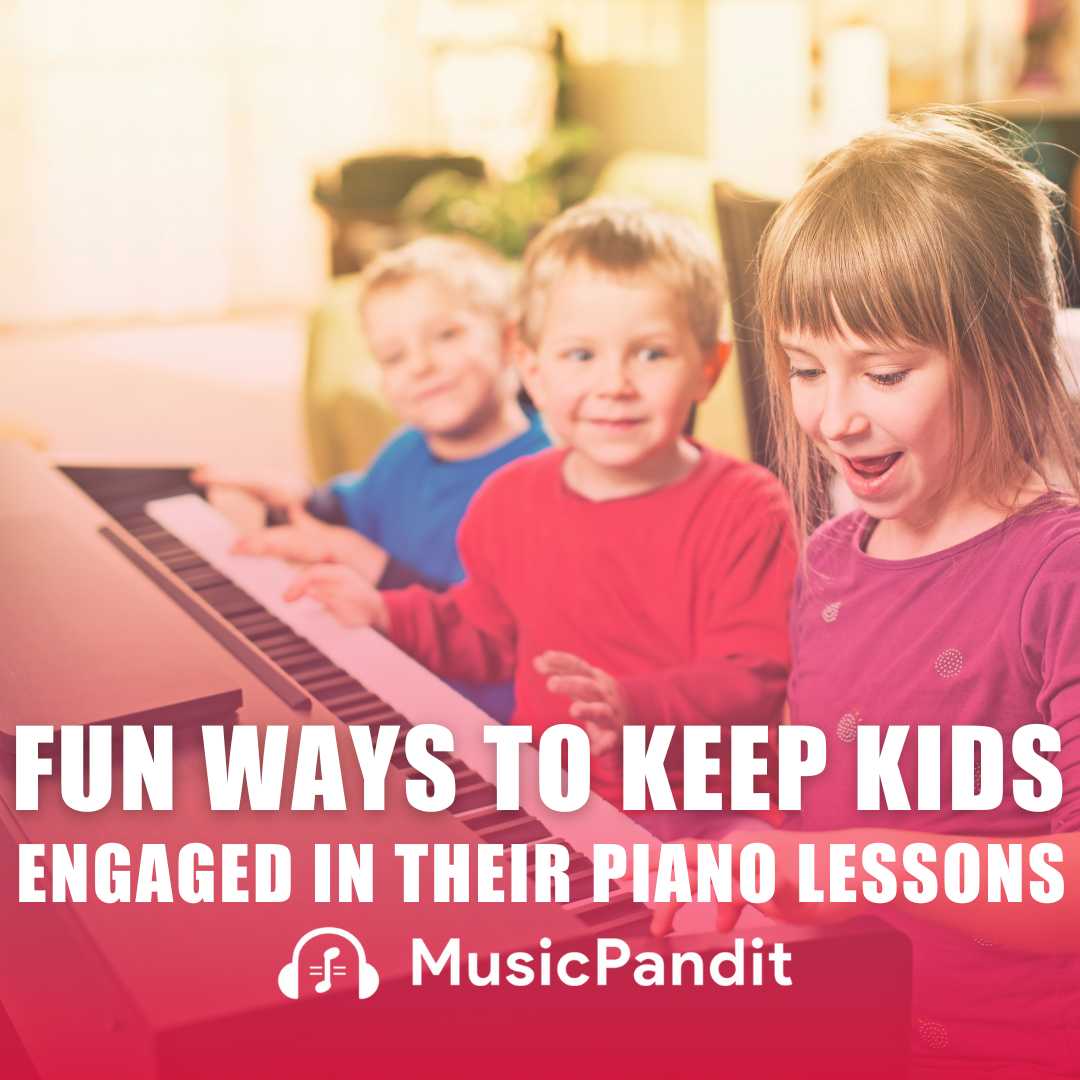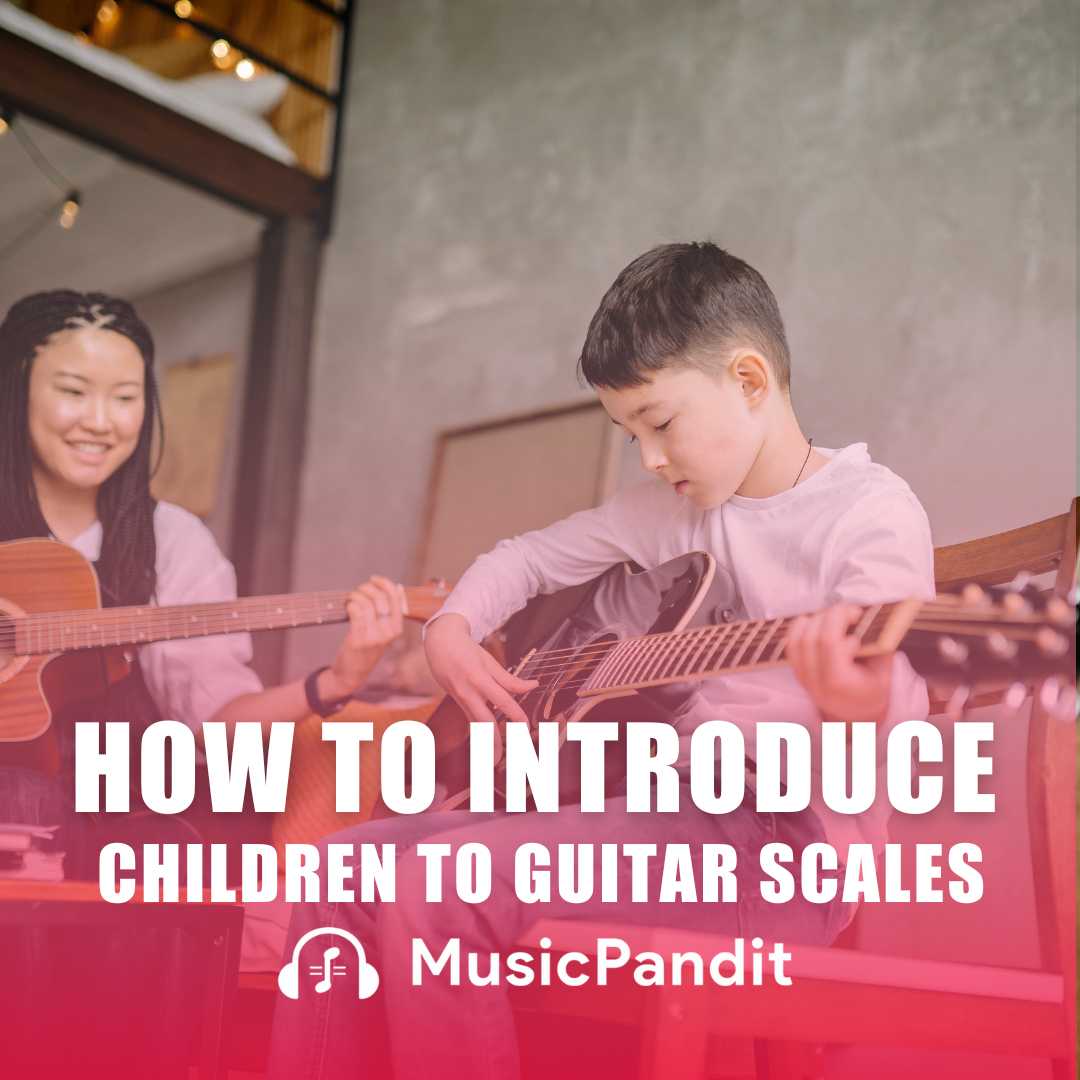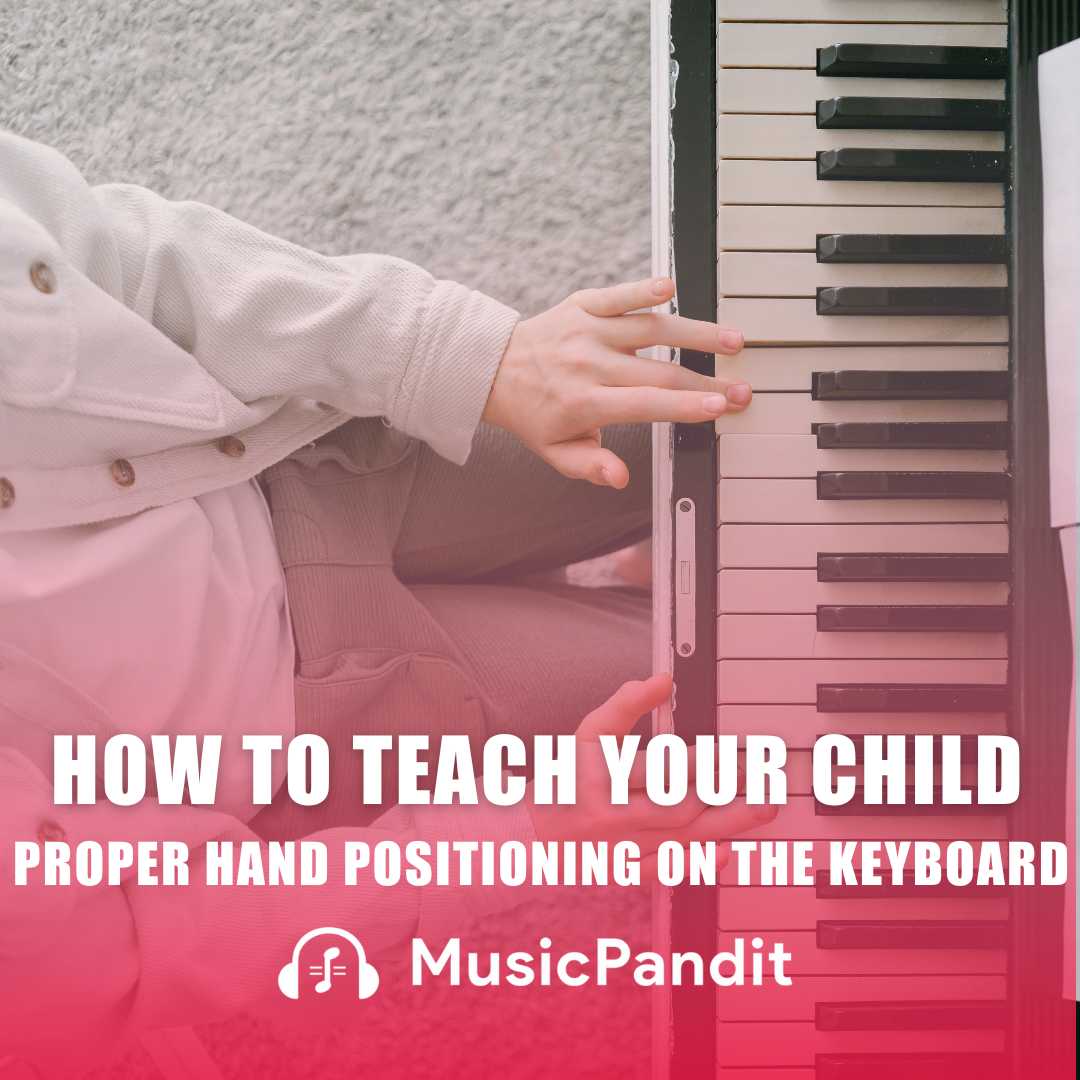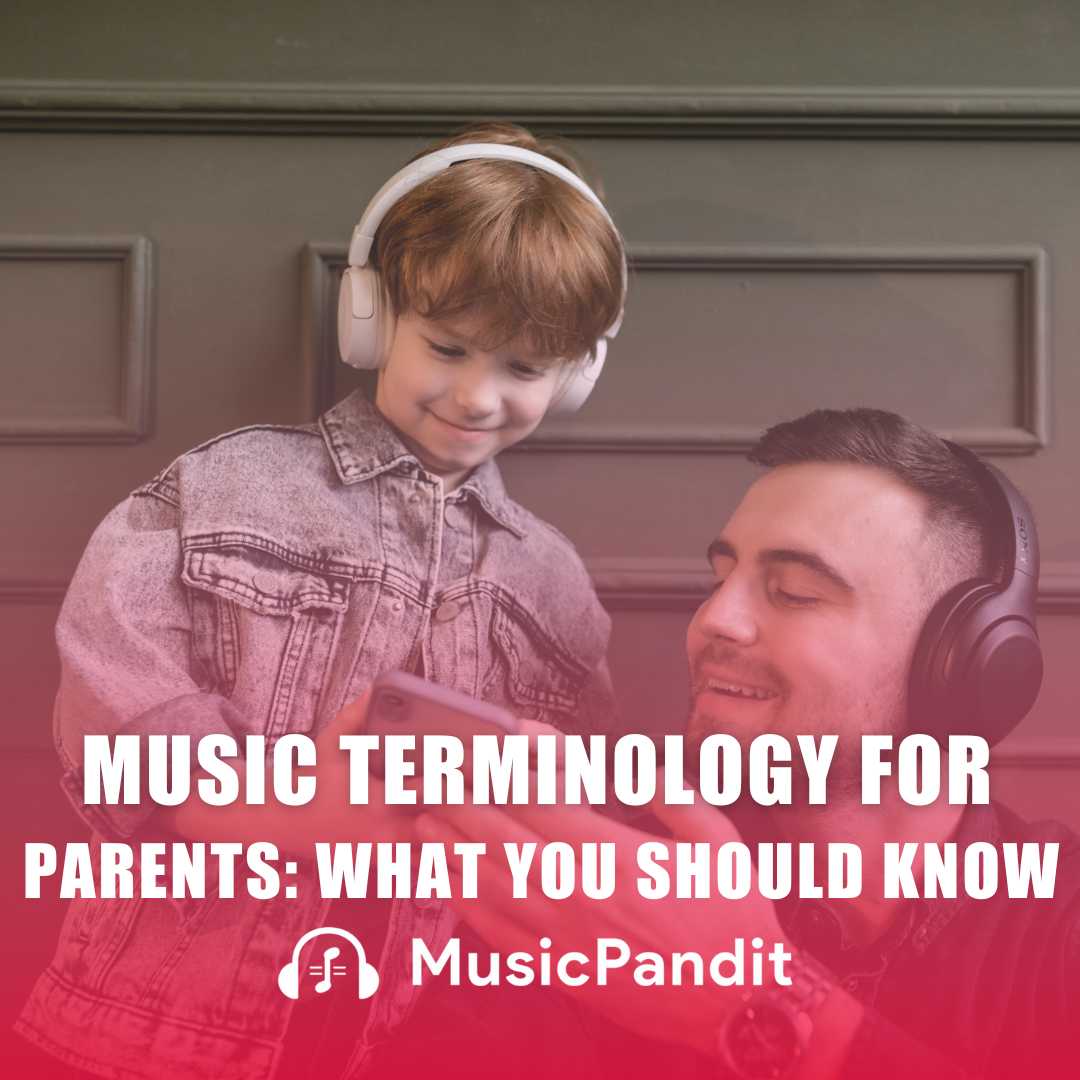Music is regularly defined as a regular language, able to break down borders and construct bonds among humans. Its healing techniques have been known for ages, with music functioning as a powerful device for healing and self-expression. Music therapy has a profoundly substantial effect on the boom and benefits of children with Autism Spectrum Disorder (ASD).
In this thorough evaluation, we are able to look at the numerous approaches in which music lessons advantage autistic youngsters. From comprehending the troubles faced by humans at the autism spectrum to investigating the healing capability of track remedy, we’ll study the advantages of committed music education and powerful ways of educating children with autism.
Music Therapy: A Transformative Approach for Autistic Children
Music therapy has emerged as a transformative approach for assisting the improvement and well-being of autistic kids. Unlike traditional styles of remedy, which may also rely heavily on verbal communique, music therapy gives a nonverbal medium via which children can express themselves and interact with others. Additionally, structured musical activities and interventions, music therapists work collaboratively with autistic youngsters to address various developmental goals and challenges.
Music therapy for autism includes singing, improvisation, and movement to tune, offering kids with possibilities to explore their creativity and broaden their conversation and social skills. Music can also be a supply of pleasure and enjoyment for autistic children, supplying a feel of playfulness and freedom in a supportive and nurturing environment.
Recognizing the Difficulties of Autism Spectrum Disorder (ASD)
Autism Spectrum Disorder (ASD) refers to a huge variety of neurodevelopmental problems marked by means of challenges with social interaction, communication, and repetitive activities. Individuals with ASD frequently have sensory processing problems that can impair their potential to navigate their surroundings and interact with others efficiently. Traditional coaching strategies may not always meet the specific needs of kids on the autism spectrum, necessitating personalised processes primarily based on their strengths and demanding situations.
Using Music as a Healing Instrument for Autism
Music therapy for autism has been widely recognized and researched. It offers a medium through which children with autism can express themselves, talk, and connect to others in approaches that can be hard through verbal communication on their own. Music, especially, has shown promising consequences in improving social interplay, communique capabilities, and emotional regulation among people with ASD. Through established music sports and guided interventions, kids with autism can revel in profound emotional and psychological benefits, incorporating basic well-being and satisfaction of existence.
Related Article: Music Therapy Can Help People Improve Their Mood and Mental Health
Advantages of Dedicated Music Instruction for Children with Autism
Dedicated music therapy for autism offers several advantages for children, encompassing cognitive, social, emotional, and bodily domains. In addition to improving cognitive functions which includes attention, reminiscence, and hassle-solving competencies. Music for autistic children has a dependent and predictable surroundings conducive to gaining knowledge of and ability development. Moreover, music guidance fosters a feel of fear and self-esteem as children develop their musical talents, empowering them to conquer demanding situations and achieve fulfilment.
Adapting Music Instruction to the Requirements of Learners with Autism
Effective track practice for children with autism necessitates thoughtful model and customization to deal with their precise desires and choices. Teachers and therapists have to employ plenty of techniques to create an inclusive and supportive space including the usage of visible supports, sensory integration activities, and individualised training. By tailoring instruction to align with the strengths and interests of each child, educators can maximise engagement and promote significant learning experiences.
Effective Methods for Teaching Music to Children with Autism
When teaching music for autistic children, it’s essential to utilise more than a few powerful techniques and strategies to facilitate getting to know and talent development. Some techniques include:
1. Visual Supports
Incorporating visible aids along with image playing cards, charts, and diagrams can beautify comprehension and improve musical therapy for children with autism.
2. Sensory Integration
Engaging children in sensory-rich activities, which include playing specific instruments and exploring various sounds, can stimulate their senses and sell sensory integration.
3. Structured Activities
Providing dependent sports and workouts facilitates children with autism in building physical coordination and being assured in the course of music. Breaking down responsibilities into manageable steps and supplying clear expectations reduces tension and makes learning easier.
4. Individualised Instruction
Recognizing the specific strengths and challenges of every child, teachers ought to adapt their coaching methods to meet individual needs and alternatives. This might also involve modifying teaching strategies, providing additional aid, or incorporating accommodations as vital.
Music and The Brain
Music has a profound impact on the brain, influencing diverse cognitive techniques, feelings, and behaviours. Research suggests that music activates multiple areas of the mind, along with those involved in auditory processing, language, memory, and emotion regulation. For children with autism, learning music can serve as an effective tool for selling brain development and connectivity, fostering neural pathways that guide gaining knowledge of, verbal exchange, and social interplay.
Connecting with Your Autistic Child Through Music
Music for autistic children provides a completely unique opportunity for mother and father and caregivers to connect with their kids on a deeper stage. Shared musical stories and music therapy for autism can make stronger bonds, facilitate communique, and sell wonderful interactions between their own family individuals.
Emotional Regulation and Music
Music has the capability to evoke and alter feelings, supplying children with autism a way of expressing and dealing with their emotions. By being attentive to song or undertaking musical activities, kids can enjoy emotional expression and find comfort in moments of misery.
Reducing Stress and Anxiety with Music
Children with autism regularly revel in heightened tiers of stress and anxiety because of sensory sensitivities and difficulties in navigating social conditions. Music therapy for autism can serve as a calming and soothing impact, supporting kids loosen up and alleviate feelings of strain and anxiety.
Improving Communication Skills with Music
Music provides a nonverbal approach of communique for kids with autism, allowing them to specific themselves and have interaction with others in significant approaches. Through making a song, playing gadgets, and participating in musical video games, kids can broaden their verbal exchange abilities and communicate with peers and adults.
Improving Daily Living Skills with Music
Music may be incorporated into various everyday sports and routines to sell independence and enhance practical engagement in kids with autism. From the usage of tone to facilitate transitions to incorporating rhythm and movement into self-care responsibilities, song could make studying an enjoyable and interactive activity even as supporting the development of vital lifestyles talents.
Conclusion
In the end, music lessons provide a myriad of advantages for children with autism.. By recognizing the particular challenges and strengths of individuals on the autism spectrum and using powerful coaching methods, music educators can create inclusive and enriching learning experiences that empower children with autism to reach their complete ability.
Through the transformative power of music, autistic children can find new avenues for self-expression, verbal exchange, and personal growth, fostering an experience of belonging and fulfilment in their musical adventure.














